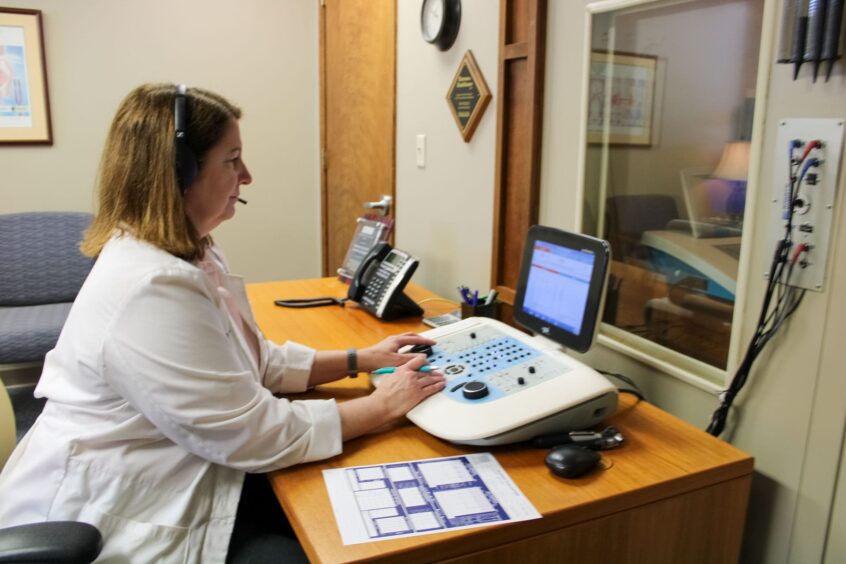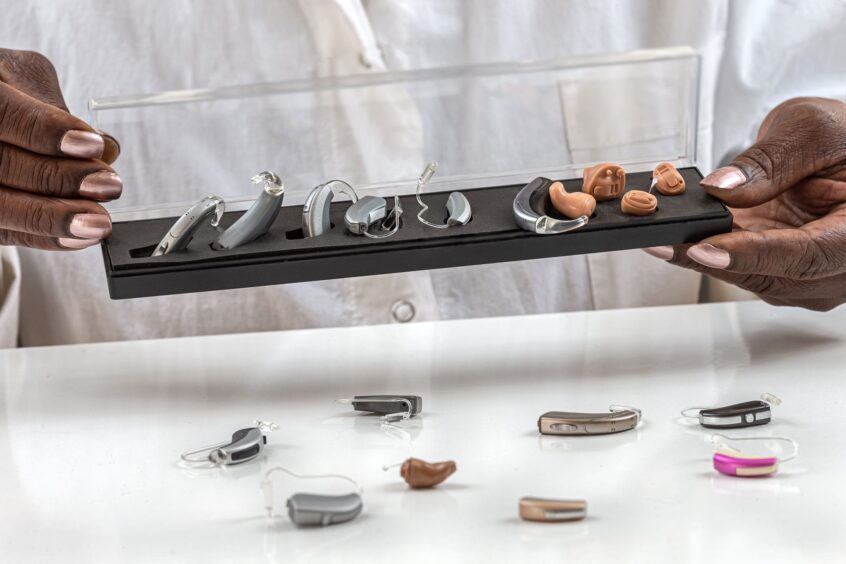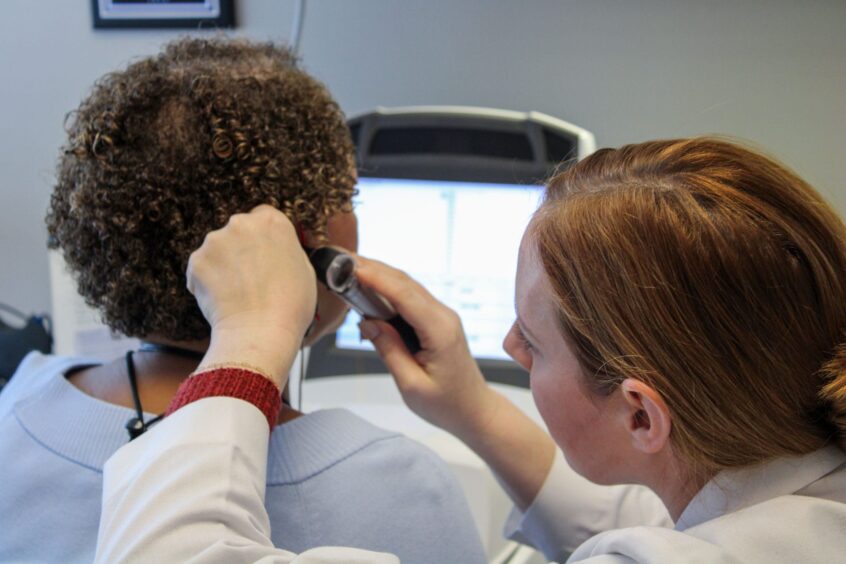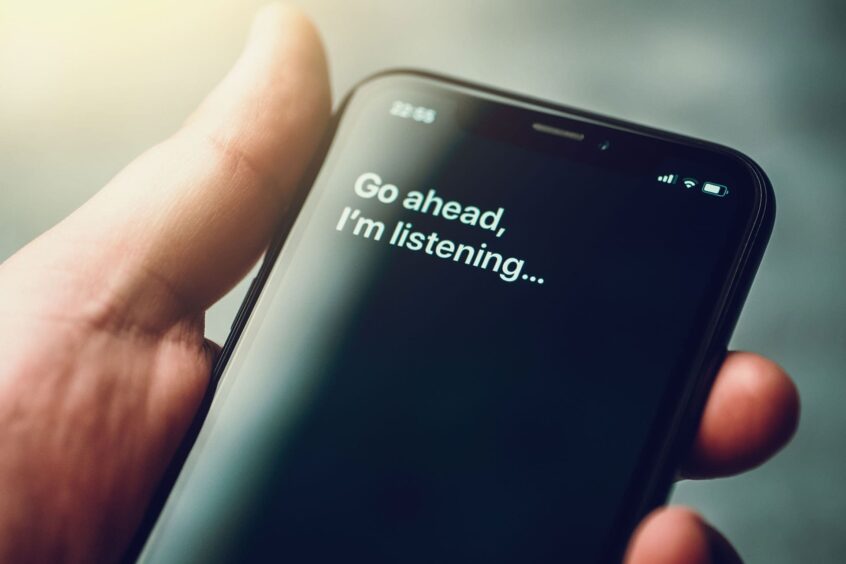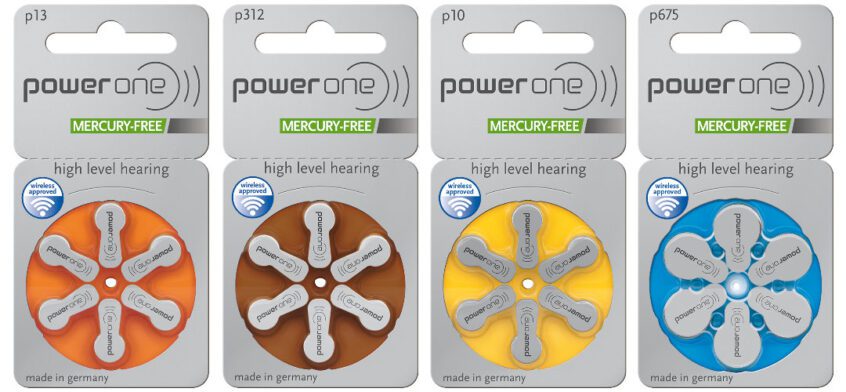Among an aging population, cognitive decline is probably one of the most dreaded diagnoses possible. After all, dementia not only impacts an individual’s ability to enjoy and participate in life, but it threatens one’s independence. Over the past few years, researchers have found more and more connections between hearing loss and cognitive decline, but the real question has been whether … Read More
Can Wearing Hearing Aids Prevent Falls?
According to the Centers for Disease Control (CDC), injuries from falls cost $50 billion every year—a greater burden on the healthcare system than obesity or smoking. If this trend continues, the CDC estimates that approximately 50 million falls will occur annually in adults over age 65 by the year 2030. Like falls, hearing loss is also very common in individuals … Read More
Analyzing the AARP Article on OTCs
A little more than a year ago, over-the-counter hearing aids officially arrived in the U.S. consumer market, creating concern among hearing professionals and confusion among consumers. The original legislation that made OTCs a reality had good intentions—to make hearing aids more accessible and affordable, but the jury is still out on where things stand in that regard. In this blog, … Read More
It’s a New Year. Is it Time for New Hearing Aids?
As we ring in 2024, after attending holiday gatherings, one of the questions you may be asking yourself is, “Am I hearing as well as I could be?” To answer that question, start with a comprehensive hearing evaluation performed by a doctoral-level audiologist. A hearing evaluation should include a thorough discussion of your symptoms, medical history, medication review and any … Read More
The Ins and Outs of Long-Term Care Facilities and Hearing Aids
It’s a fact that if you live long enough, you will likely experience age-related hearing loss and need to wear hearing aids. Likewise, some older adults with chronic health conditions may end up living in a long-term care facility. Research shows that anywhere from 70 to 90% of people in long-term care have hearing loss, yet the majority of that … Read More
Are Patients Truly Satisfied with Their Hearing Aids?
What Contributes to Real Hearing Aid Satisfaction? Let’s face it. Hearing aids are an investment in your health, and one you want to be sure is well worth it. So, how do you know if you’ll be satisfied with your hearing aids? It’s hard to make any guarantees. After all, much depends on the professional you work with, the type … Read More
Don’t Wait Until End of Year to Get Hearing Checked
Schedule Your Year-End Hearing Evaluation Today The clock is ticking down on 2023, and though there are still a few weeks left on the calendar, if you’re considering having your hearing checked and possibly buying prescription hearing aids soon, you should schedule that appointment now. Why? Because typically, end-of-the-year appointments are hard to come by. Many individuals wait until the … Read More
7 Tips to Keep Your Hearing Aids Working All Summer Long
Summer Hearing Aid Tips Summer is practically synonymous with fun in the sun, but summer isn’t the “friendliest” time of year if you wear hearing aids. In fact, heat and moisture can keep your hearing aids from functioning their best. Here are a few tips to help you take care of your hearing aids so you don’t miss any of … Read More
Exercise Caution When Handling Hearing Aid Batteries
Hearing Aid Battery Safety Tips Though rechargeable hearing aids have become more popular in recent years, many people still prefer hearing aids powered by small disposable button-sized batteries. Likewise, many audiologists still prefer standard disposable batteries when comparing them to new rechargeable counterparts because they remain more durable with less chance of repair or failure. In addition, long-term costs of … Read More
Why Is Everyone on TV Mumbling?
Why Is Movie Dialogue Hard to Understand? Picture this. You and your sweetie snuggle up on the couch with your popcorn and favorite beverages, ready to watch the latest release on Netflix. But a few minutes into the movie, you both have puzzled looks on your faces. You turn to your partner and ask, “What did he say?” Your partner … Read More




